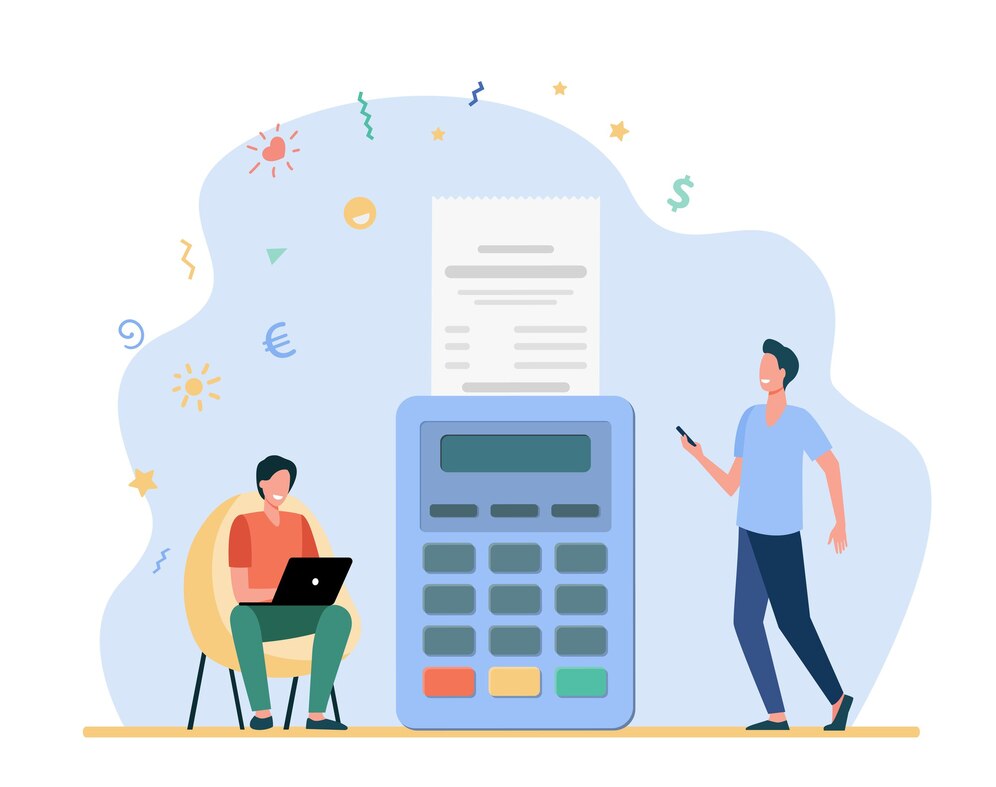Receipts are more than just slips of paper that clutter your wallet. They are critical financial tools that can help you track your spending, manage your budget, and save on taxes. Just as a doctor would use medical records to assess your physical health, a financial advisor would use your receipts to evaluate your financial health.
The importance of keeping, organizing, and understanding your receipts cannot be overstated as they provide a detailed record of your financial activities, acting as a key to unlocking your financial health.
Overview of Receipt Management
Receipt management is the process of collecting, organizing, and storing all forms of receipts, whether they are paper-based or electronic. This practice serves several vital functions in both personal and professional finance.
It allows for accurate tracking of expenditures, assists in budgeting, and aids in reconciling financial statements. In a business context, it also facilitates expense reporting, tax filing, and compliance with regulatory requirements.
With the advent of digital technology, managing receipts has evolved from cumbersome filing cabinets to streamlined digital archives, making it easier than ever to maintain a clear record of your financial transactions.
Thus, embracing effective receipt management can significantly enhance your financial health and fiscal responsibility.
Role of Receipts in Budgeting
Receipts play a significant role in budgeting by providing tangible evidence of where your money is going. A careful review of receipts allows you to see patterns in your spending habits, helping you to identify areas where you may be overspending and where you can potentially save.
By using a cash receipt template, you can easily categorize your expenses, making it simpler to allocate funds appropriately in your budget. This practice empowers you to make informed decisions about your money, leading to more effective budgeting.
Furthermore, when you physically see where your money goes each month, it creates a sense of accountability, encouraging you to stick to your budget and financial goals.
Receipts and Tax Deductions
Receipts are incredibly valuable when it comes to tax deductions. They serve as proof of your expenditure on deductible items or services, which can significantly lower your taxable income.
Common deductible expenses include business-related costs, medical expenses, education-related expenses, and charitable donations among others. However, without receipts to substantiate these deductions, you may lose out on these potential tax savings.
It’s important to note that tax laws often require you to retain receipts for a certain period of time in case of an audit. Digital receipt management systems can help simplify this process, allowing you to easily store, organize, and retrieve necessary receipts during tax season.
Individuals often overlook some tax deductions due to a lack of awareness or insufficient record-keeping. For instance, job hunting costs, home office expenses, and even tax preparation fees can be eligible for deductions. By keeping your receipts, you ensure that you don’t miss out on these opportunities to reduce your tax liability.
In essence, keeping your receipts is not just good financial practice, but it could also save you money on your taxes at the end of the financial year.
Organizing Your Receipts
Organizing your receipts is a crucial aspect of effective receipt management. It involves systematic categorization and storage, making it easy to locate a specific receipt when needed. Here are some steps to help you achieve this:
Categorize Your Receipts
Categorization can be based on the nature of expense (e.g., food, utilities, transport), date, or any other parameter that suits your needs. This not only simplifies tracking and retrieval but also aids in identifying spending patterns and potential areas for savings.
Decide on a Storage Method
Choose a method that is convenient and accessible for you. Some prefer traditional filing systems, using envelopes or file folders, while others opt for digital methods.
Regularly Update Your Receipts
Don’t let your receipts pile up. Regularly update your system to avoid losing receipts or facing an overwhelming task at the end of the month or year.
Use Digital Tools
Consider using digital receipt management tools or apps. They offer features like receipt scanning, automatic categorization, and cloud-based storage. These tools make receipt organization efficient and less time-consuming.
Keep a Backup
Always have a backup of your receipts, especially the digital ones. You can store them on an external hard drive or use cloud storage services to ensure their safety.
Retain Receipts for the Required Period
Tax laws often necessitate keeping receipts for a specific period. Be aware of these requirements to avoid discarding crucial documents prematurely.
Following these steps will streamline your receipt organization process, making it easier to manage your finances, adhere to your budget, file taxes, and ultimately, optimize your financial health.
Conclusion
In conclusion, diligent receipt management is a cornerstone of sound financial health. It enables you to track spending, optimize budgeting, claim tax deductions, and comply with legal requirements. The shift from physical to digital receipt management has made this process even more accessible and efficient.
By categorizing, regularly updating, and securely storing your receipts, you empower yourself to make informed financial decisions, avoid potential losses, and ultimately, enhance your fiscal responsibility. Remember, every receipt is a piece of your financial story. Make sure you keep track of it.

